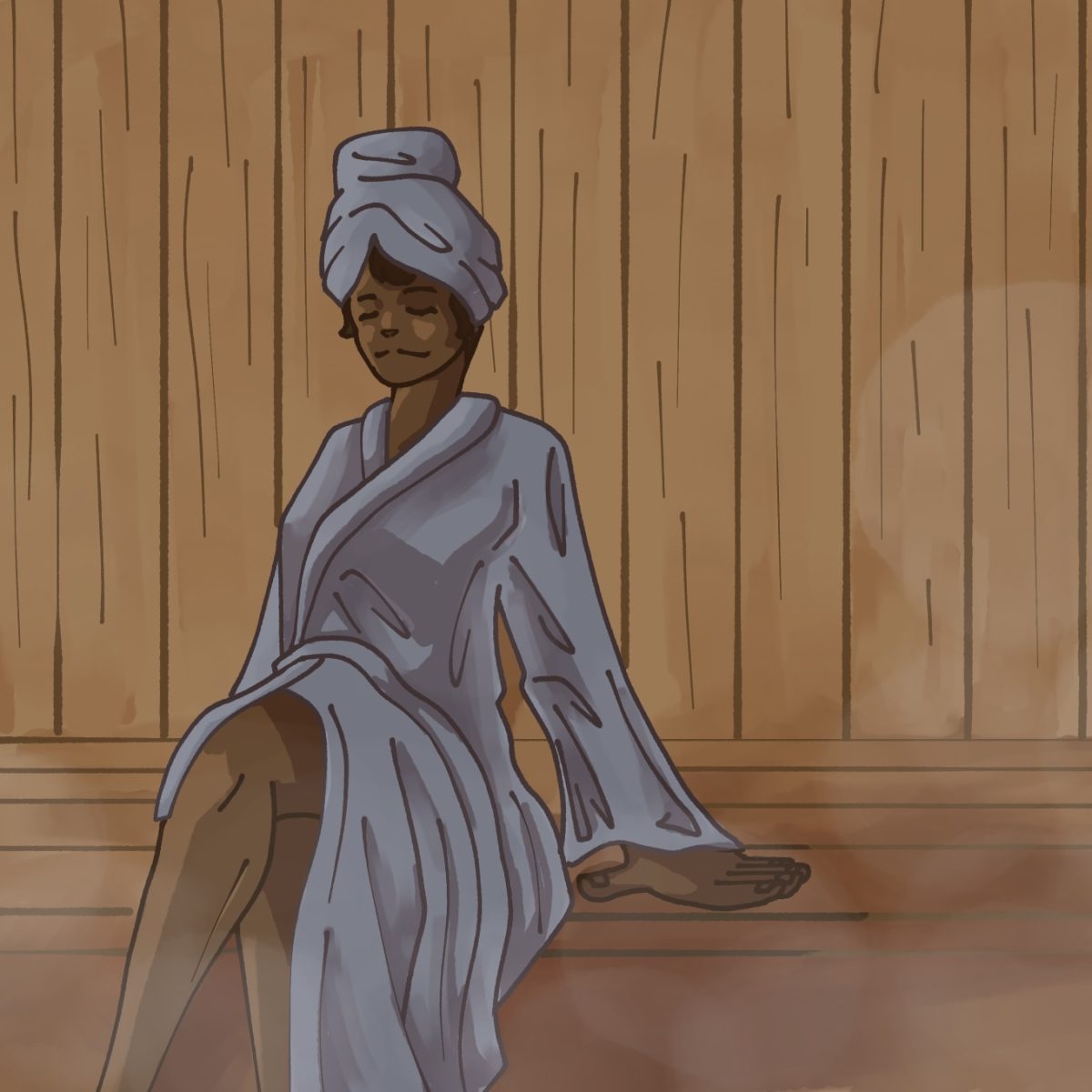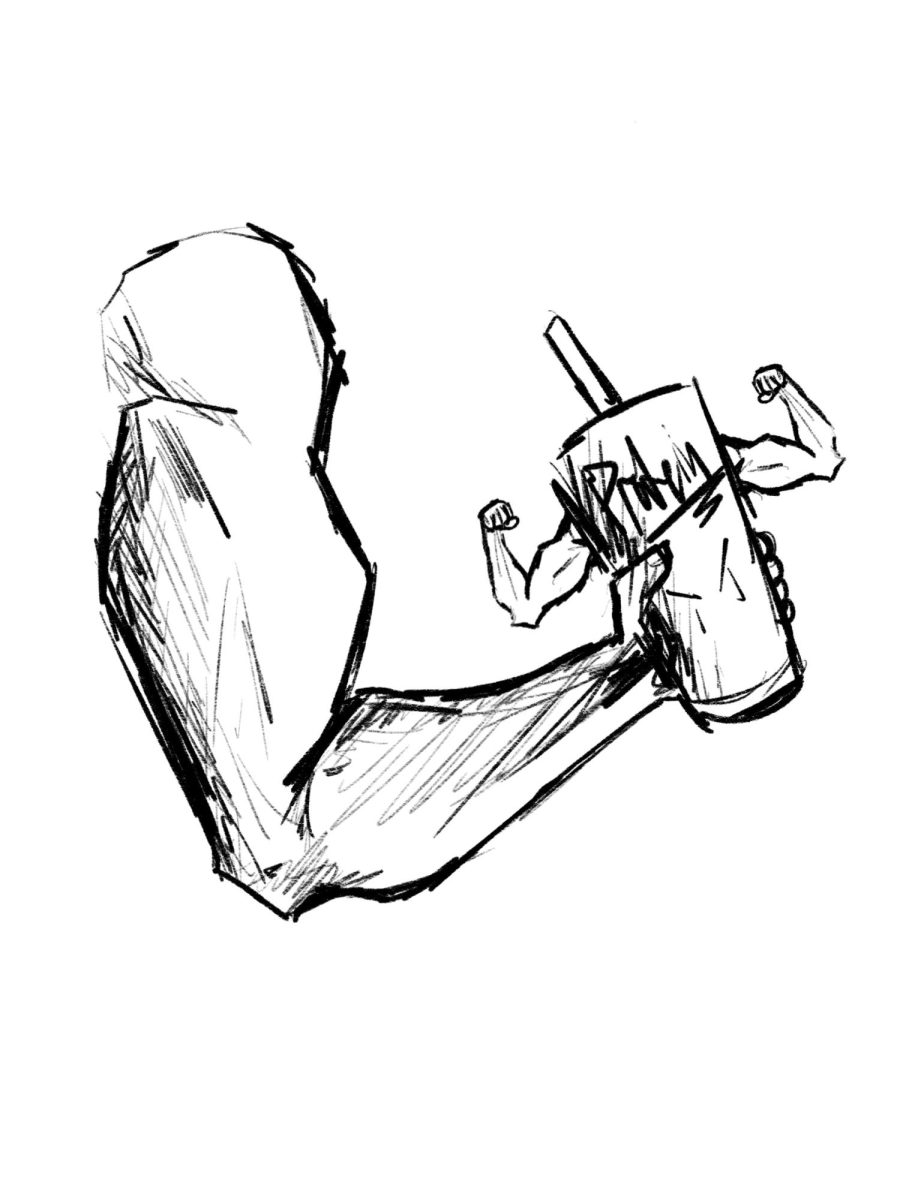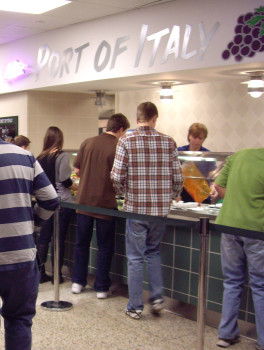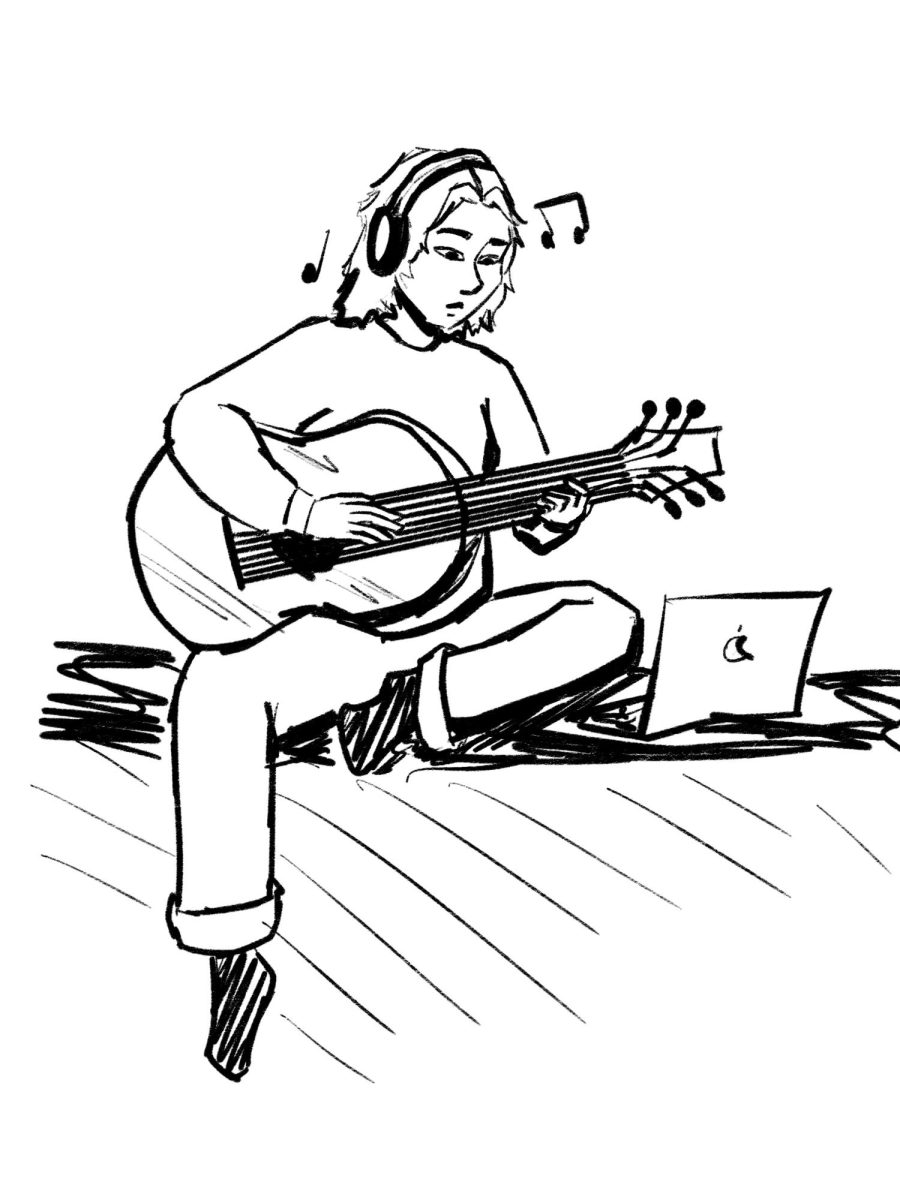The holiday season is approaching, a season in which quite a bit of time is devoted to eating. There’s nothing wrong with that – spending time with the family, enjoying a good meal together after a long period of nonstop work is a well-deserved celebration. But usually more food is made than can be eaten by those in attendance. What happens to all the food that’s not eaten? Maybe in your own house you make good use of leftovers. But here’s what’s happening on a national scale:
According to the US Department of Agriculture, about one-fifth of the food produced in the US gets wasted, which comes down to roughly 130 pounds of food per person. Overall, nearly 100 billion pounds of food, including fresh vegetables, fruits, milk, and grain products, are thrown out each year. The loss can add up to billions of dollars every year. The implications? Not only are we losing money in a time of economic troubles, as well as encouraging a societal habit of waste, but our excess could have gone to those who live in poverty, around the world and closer to home. In a community like Minnetonka, and at such a great school, it is easy to forget that those things we take for granted are obtained much less easily, even in places nearby.
On a brighter note, our school is actually doing a great job at keeping food waste to a minimum. Using past history records and patterns in students’ eating habits, they order their menus on a day to day basis and prepare only what they estimate will be consumed. The cafeteria doesn’t have space for extra food, so the staff looks carefully at any factors that will affect what students eat on a particular day, such as attendance, weather, and out-of-school events so they can decide ahead of time how much to cook. It ends up being a “best guess game,” says Deb Waldenmaier, the cafeteria staff manager. The results are usually pretty close, though because the staff prefers to err on the side of less, they may run out of some foods by the last lunch. Even though the cafeteria is not allowed to donate extra food due to Health Codes, the little extra there is can often be reheated. “It kills us when we have got to throw good food away,” Deb says, but the good news is that because the staff is so diligent about avoiding waste, it doesn’t happen very often.
So what does this mean for us? The cafeteria staff is doing its part, but in all honesty, simple observation shows that we students are lax. Every day you can see students throwing out part of their lunches, and the responsibility for that waste falls on us. We are each personally accountable for what we do with our food. Do you think realistically about how hungry you are when you go through the lunch line? Do you find yourself routinely wasting good food? Do you carry those habits at home as well? There is only so much that the school can do. The next step has to come from us.

























